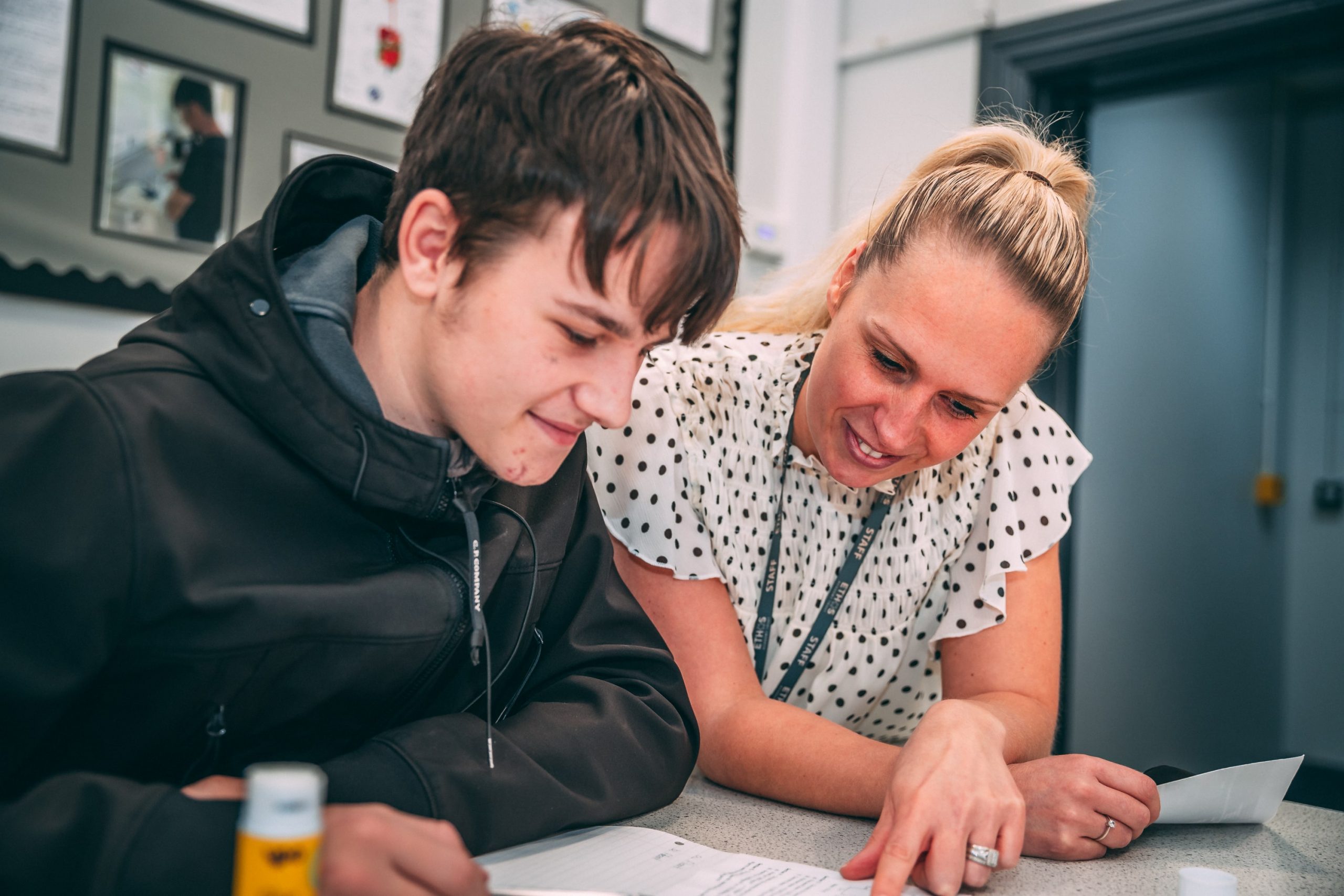Contact: smaster@eat.uk.com
This engaging and effective qualification introduces pupils to the fundamentals of psychology, developing critical analysis, independent thinking and research skills.
Psychology is the science of mind and behaviour and includes the study of conscious and unconscious phenomena as well as feelings and thoughts.
During the qualification we will take part in various social experiments in order to embed learning and apply knowledge and skills to different contexts. This will help you gain the higher grades at GCSE.
The GCSE is split into 2 Units, each worth 50%.
Paper 1: Cognition and Behaviour. This covers memory, perception, development and research methods. Pupils will learn about how memories are formed, and stored; how situations can be perceived by different people and why; the development of the brain and how it links in education and finally, pupils will analyse and evaluate psychological ideas in terms of their appropriateness and effectiveness and the methods in which research is conducted.
Paper 2: Social context and behaviour. This covers social influence; language, thought and communication; the brain and neuropsychology; and psychological differences. During this unit, pupils will learn about conformity, obedience, pro-social behaviour and crowd and collective behaviour. Pupils will also learn the relationship between language and thought and the effect of this on our view of the world. Pupils will also learn about non-verbal communication and behaviour along with the structure and function of the nervous system including the brain. Additionally, pupils will learn about mental health problems including depression and addiction.
